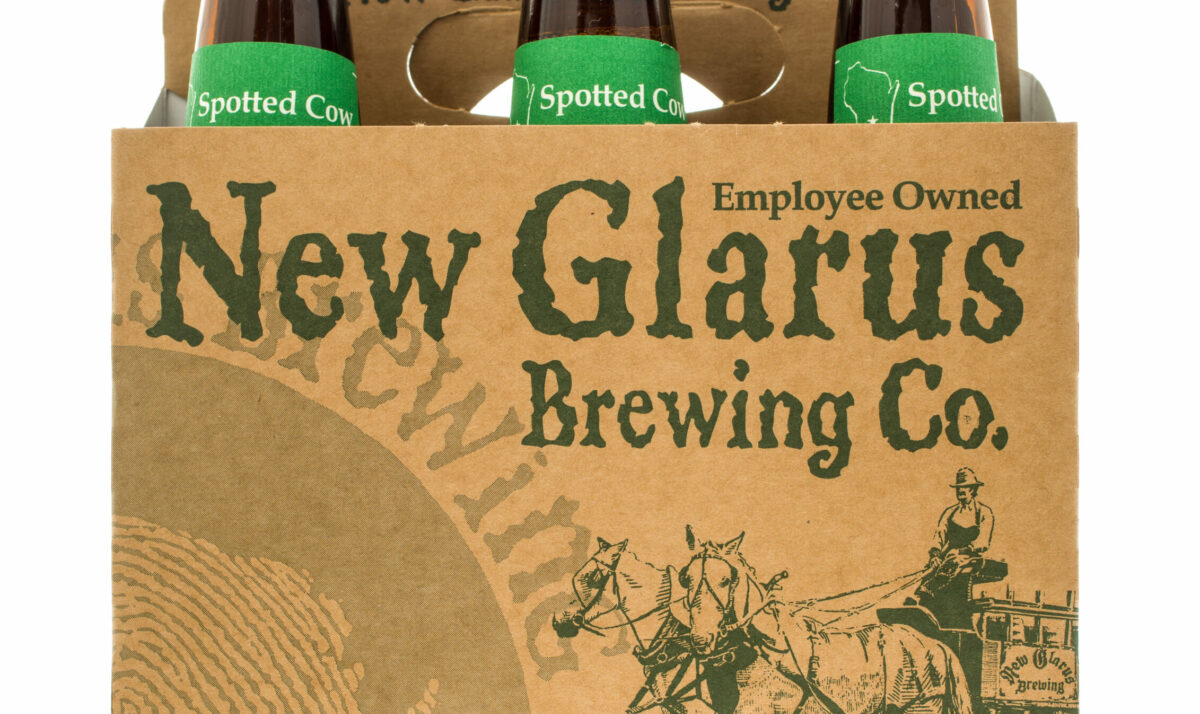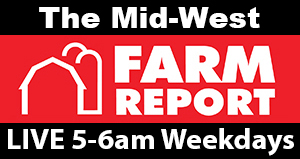
While some may not think of beer as an agricultural product, it truly is. Brewers depend heavily on farmers for a consistent supply of grains and hops to ensure the production of quality beer.
Dan Carey, brewmaster with New Glarus Brewing Company, shares more on how things are going in the brewing industry and his relationship with farmers to get crops for production.
New Glarus Brewing Company has contracts with farmers in Washington and Oregon to buy their hops. They also buy hops in state from the Wisconsin Hop Growers Exchange Cooperative as well as from Germany and Czech Republic. Most of their wheat and barley comes from Idaho, Montana and Wyoming.
“We use malted wheat which is a process that has to happen between the farm and the brewery, and that’s called malting,” says Carey. “So we buy directly from maltsters and contract on a yearly basis what type of amount that we need of wheat and barley, specifications, and they go out and contract with farmers.”
When it comes to the United states suppliers, Carey says they have been very lucky and haven’t had any problems getting crops. However, they’ve had big problems from their relationships out of Europe. Most of the varieties grown in Europe, particularly in Germany and Czech Republic, are descendants of landrace varieties that have been around for hundreds of years. They’re used to cool, relatively damp weather.
“I would say maybe one out of every two or three years in Europe has been really dry and really hot. Since most of those farms don’t have irrigation, the crops are really suffering. Yield is down this year and the quality, the bitterness that we’re looking for in hops is also down,” says Carey.
Inflation has also caused some issues with New Glarus Company’s business. Their biggest price increase has been with cans. There’s only three suppliers of cans in the United States, and a lot of different beverages, seltzers and energy drinks are moving towards cans, creating a shortage and price increase. On average, their cost of doing business compared to pre-pandemic is up 25 percent.
Brewing beer is highly technical and you need highly trained people. Carey and his team stay competitive not only in their wages, but their benefits as well. They also strive to make sure that their employees are engaged and feel like they are making a difference.
“Firstly, we’re a manufacturer, so we put most of our effort into manufacturing. But people love breweries. So having people come to our gift shop, have a beer, buy a T-shirt, and walk around the brewery is a great way for us to interface with our customers, adds Carey.
The New Glarus Brewing Company is considered an agritourism destination. While beer is marketed as an industrial commodity, it’s really the end product of agriculture. Carey prides himself in helping to support the agriculture industry and be a part of it this way.
In order to be environmentally friendly, they put in a machine that collects carbon dioxide. Brewing fermentation produces carbon dioxide gas, and historically was vented into the atmosphere. Now, with their machine, Carey is able to compress it into a gas and reuse it in the brewing process instead of buying the carbon dioxide. They also do a lot of energy recovery when they boil the beer in the process and that energy is recovered and reused.
“If people don’t buy your beer, you’re just a glorified home brewer. We have to make beer that people will drink,” says Carey.
While that may sound obvious, it’s not always easy. Flavor and beer are complex and the difference between a beer that has drinkability versus a beer that isn’t sometimes isn’t obvious. According to Carey, being drinkable is when you work hard all day, you come home and you have a beer and you look down and your glass goes empty quicker than you would expect. He strives to find the beer style that will truly resonate with people.

In 2020 we toured Briess by Powell, WY and over 90% of their Barley ends up in Manitowoc. They make the best malted milk balls